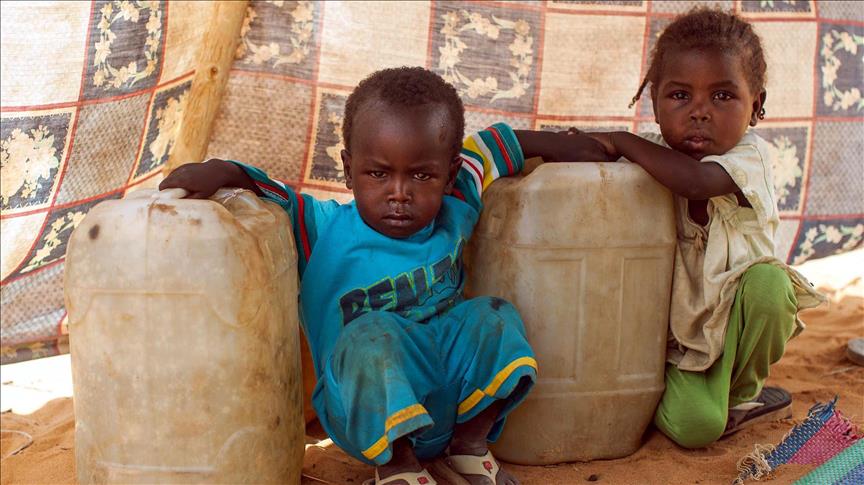 FILE PHOTO
FILE PHOTO
By Hassan Isilow
JOHANNESBURG
Migrants need better protection from xenophobic attacks, refugee and migrant groups told the South African government on World Refugee Day on Tuesday.
South Africa has seen a rise in attacks on migrants from other African nations as tensions over immigration, poverty and a lack of basic services have risen to the surface.
Many locals blame foreigners for rising crime and accuse them of taking jobs that should go to South Africans.
“We are appealing to the government to prosecute those who attack refugees and migrants in South Africa,” Marc Gbaffou, chairman of the Africa Diaspora Forum, told Anadolu Agency.
He also called on the government to grant refugees and asylum seekers “proper documentation” to stabilize their status in South Africa.
Following the end of apartheid, people from across Africa headed for South Africa in search of work and opportunity.
However, the stagnating economy and increased unemployment has seen a rise in attacks on African migrants.
In 2008, at least 62 people were killed and hundreds injured in nationwide riots that saw mobs target migrants from Mozambique, Malawi and Zimbabwe. Seven years later, at least seven people were killed and thousands fled their homes in anti-foreigner violence that began in Durban but spread to Johannesburg.
So far this year, the homes and businesses of migrants, particularly Nigerians, have been targeted in Johannesburg and Pretoria.
Most of the violence takes place in townships where unemployment is much higher than the national rate of 26 per cent.
“Whenever there is a service delivery protest, businesses owned by refugees and migrants are attacked,” Abdeslam Habiballah, chairman of the Migrant Community Board of South Africa, said. “The government should do more to protect refugees.”
Shehnilla Mohamed, Amnesty International’s executive director in South Africa, said attacks had been partly fuelled by a longstanding culture of impunity and reckless leaders who use migrants as scapegoats.
In March, Foreign Minister Maite Nkoana-Mashabane told her Nigerian counterpart, Geoffrey Onyeama, the government was fully in control of the situation.
“Several interventions, including meetings with the diplomatic community, security operations, policy and legislation reviews, are taking place,” she said at the time.




